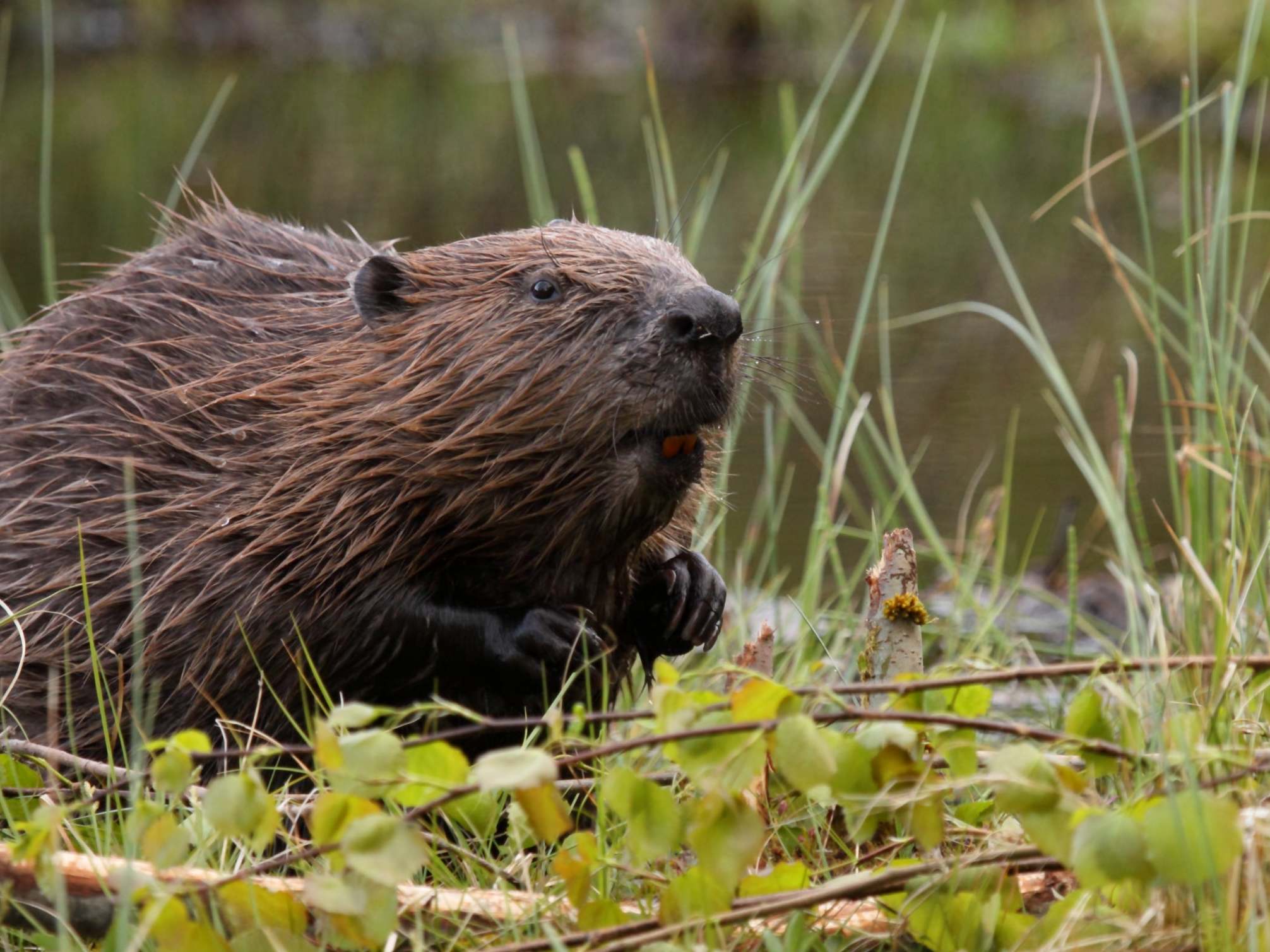MPs to debate returning huge swathes of Britain to natural habitat in ‘rewilding’ scheme
Exclusive: More than 100,000 people back idea of reviving nature with plants and animals such as beavers

MPs will have to debate returning vast swathes of land to wildernesses after a petition calling for mass rewilding gained more than 100,000 signatures.
It calls for the government to “make a bold financial and political commitment to nature’s recovery” to help slow climate breakdown.
Expanding habitats for native plants, trees and animals such as beavers and allowing wildlife to return will help remove from the atmosphere the carbon dioxide that is largely driving up global temperatures, organisers Rewilding Britain, said.
“Rewilding and other natural climate solutions can draw millions of tons of CO2 out of the air through restoring and protecting our living systems,” the petition says.
The group plans to establish at least three pilot projects over the next 10 years, with the aim of returning at least a million hectares to their natural state – twice as much land as the government has already pledged to restore.
MPs are obliged to debate any petition on parliament’s website that attracts at least 100,000 names.
In October, scientists from the United Nations Intergovernmental Panel on Climate Change (IPCC) warned the world needs to cut carbon pollution as much as possible, as fast as possible.
Reinstating ecosystems such as peatlands, heathland, native woodlands, salt marshes, wetlands and coastal waters can all make a significant contribution to carbon sequestration (the capture and storage of carbon dioxide), according to a recent report by Rewilding Britain.
A key aim is to reintroduce beavers, lynx, osprey and pine martens, which would help absorb carbon by shaping habitats, creating wetlands and increasing species diversity.
The report proposes a new system of subsidies for farmers and other landowners who increase carbon absorption methods on their land and restore degraded ecosystems.
The schemes would provide “opportunities for communities to flourish”, it says.
Meeting the UK’s climate emissions goals can be achieved “without the loss of high-quality productive farmland or a net reduction in agricultural output”, the authors argue.

Last month the government’s own advisers on climate strongly advised ministers to set a new target to bring down Britain’s carbon emissions to zero by 2050.
In a response to the petition before it hit its 100,000 goal, the Department for Environment, Food and Rural Affairs said the government’s 25-year environment plan, launched in January last year, committed the government to improving the condition of the protected sites network and to creating or restoring 500,000 hectares of wildlife-rich habitat in England.
“Our manifesto committed to planting 11 million trees by 2022, and in addition a further million trees in our towns and cities, and we also have a long-term aspiration to increase woodland cover from 10 per cent to 12 per cent by 2060,” it added.
Join our commenting forum
Join thought-provoking conversations, follow other Independent readers and see their replies
Comments
Bookmark popover
Removed from bookmarks